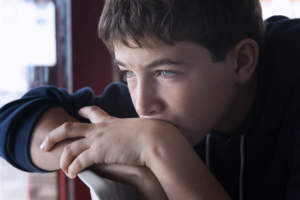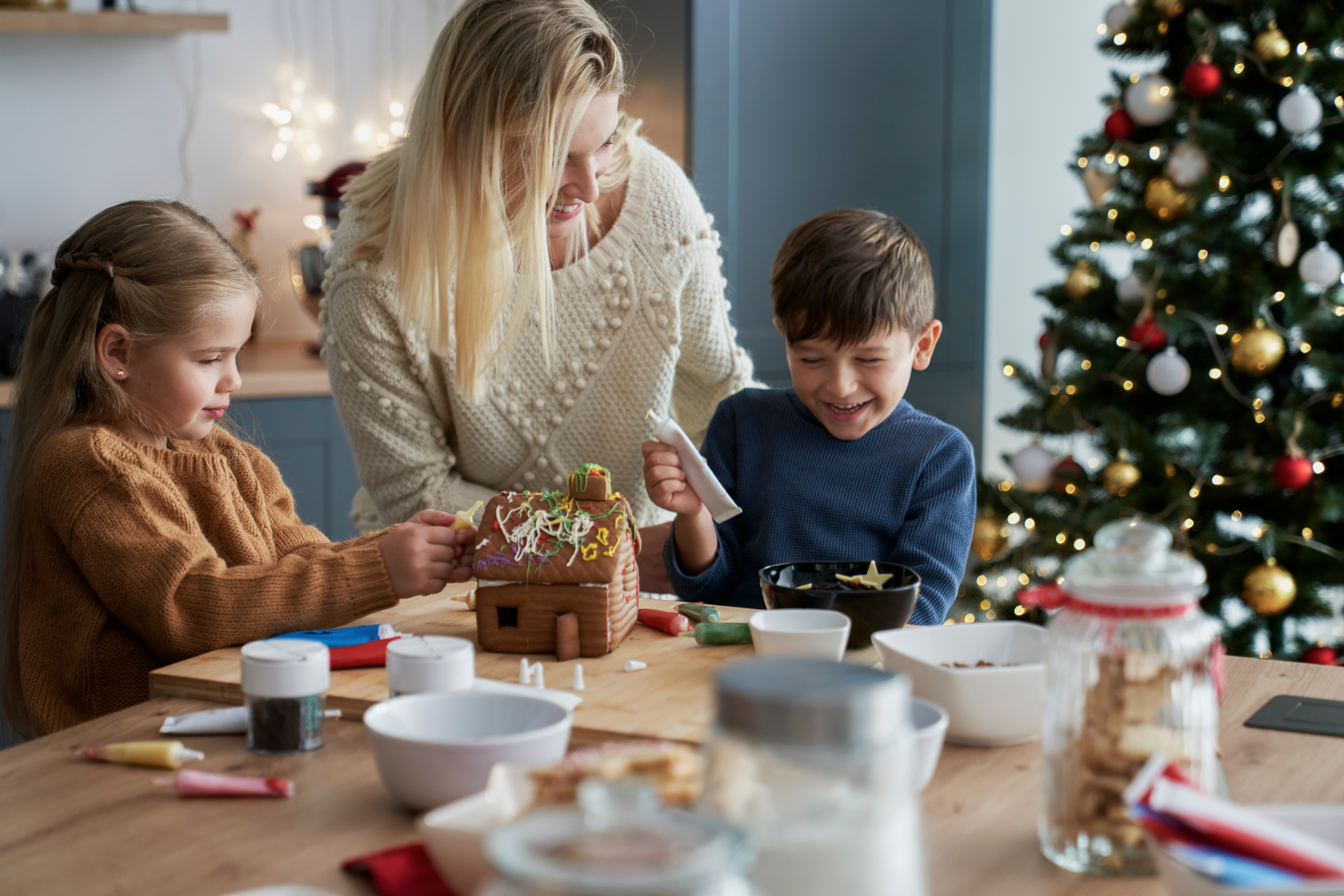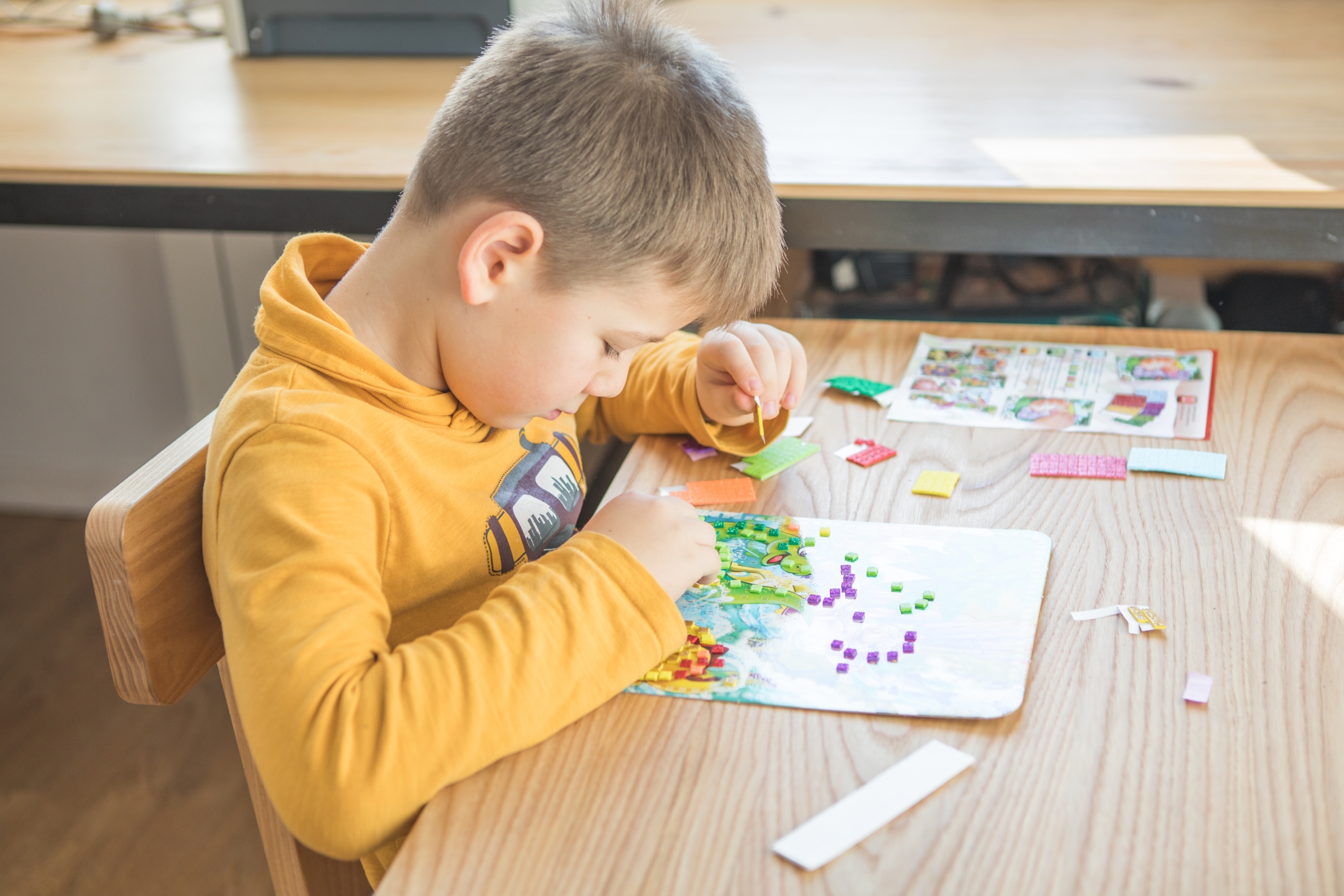Teenagers have not had it easy over the past year. Between lockdowns and isolation measures, their experience of school – and lack of it – has meant changes on a week to week basis during a key stage of their development. Which is why our experts in our Behaviour Outreach Support Service have put together a list of handy pointers to help ease them back into the school routine.
 Many of us will have felt elation at the news our children can return to school in the weeks that come but we should remember that, once again, this represents a big change in the lives for the young people we care for. They may have got used to being at home without the stress of getting to and from school or might worry about returning to a new situation. Ultimately there is no one right or wrong way of preparing your young person for the return to school, just do what works best for your family.
Many of us will have felt elation at the news our children can return to school in the weeks that come but we should remember that, once again, this represents a big change in the lives for the young people we care for. They may have got used to being at home without the stress of getting to and from school or might worry about returning to a new situation. Ultimately there is no one right or wrong way of preparing your young person for the return to school, just do what works best for your family.
That said, our Behaviour Outreach Support Service, which works to promote inclusion in schools, has prepared a few practical tips that may help you consider how to handle this important milestone:
- Do what is right for your family. Everyone is doing things slightly differently and that’s fine. You don’t have to behave the same as other parents.
- Your teen is an individual. Support them with preparing to return to school in a way that is best for them and be curious about what your young person is thinking and feeling about returning to school. There’s a lot of advice and support for anxiety on the websites listed below or on apps such as ‘Headspace’ and ‘Calm’. Discuss their feelings so you can discuss any worries or anxieties in advance of their return to school. Exploring the positives of returning to school may be a good place to start.
- Start to get into a weekday routine that will be school-friendly. Consider the time your young person gets up and their daytime routine/meal times/social time as well as the amount of time given to online learning and their bedtime routine – and especially whether this gives them enough sleep.
- It may help to suggest to your young person that they could start to follow their timetable of work and breaks while still at home. However, you should make sure they set an end to learning time, and finish as they would at school. Remember to pack away learning equipment at the end of the learning day… out of sight out, of mind!
“This may take some getting used to and may make some young people feel anxious.”
- Keep in regular contact with the school. This helps ensure that key staff are aware of any family circumstances or experiences during lockdown that may affect your young person’s return to school. Don’t be afraid to plan with those staff and your young person for appropriate support to be available.
- Find out from the school what it will be like on return. There are many adaptations to the educational routine that might be required over the next few months, such as the introduction of bubbles or different lesson styles. Secondary schools will be running COVID-19 testing programmes with all their students and everyone will be expected to wear a mask during the full school day, which may take some getting used to and may make some young people feel anxious. Talk it through with your young person and discuss how they can stay safe when in school.
- Encourage peer interaction. This helps to reintroduce and strengthen the relationships they may have been missing. Contact with other young people also provides the opportunity to talk with friends about going back to school.
- Organising what your teen will need returning to school is important. Make sure you check what uniform, equipment etc, they will need as well as investigate transport and how you’re going to get to school. Getting prepared in advance will make the transition back to school a lot smoother.
- Walks do wonders. Encourage your young person to have a short walk outside at the end of the day as if they are coming home from school as this will help them mentally prepare for the reintroduction of a daily routine.
 Here are some useful links to other support materials on this topic:
Here are some useful links to other support materials on this topic:
Lockdown learning resources
Young Minds
Healthy Minds Lincolnshire
Anna Freud National Centre for Children and Families
Mentally Healthy Schools
Think2Speak
Place2Be
Kooth Mental Wellbeing Community
Family pressures can sometimes be difficult to manage and many people feel confused by what information is available or struggle to access services close to home. Family Action’s free FamilyLine service is available for anybody looking for emotional support and guidance.

 Many of us will have felt elation at the news our children can return to school in the weeks that come but we should remember that, once again, this represents a big change in the lives for the young people we care for. They may have got used to being at home without the stress of getting to and from school or might worry about returning to a new situation. Ultimately there is no one right or wrong way of preparing your young person for the return to school, just do what works best for your family.
Many of us will have felt elation at the news our children can return to school in the weeks that come but we should remember that, once again, this represents a big change in the lives for the young people we care for. They may have got used to being at home without the stress of getting to and from school or might worry about returning to a new situation. Ultimately there is no one right or wrong way of preparing your young person for the return to school, just do what works best for your family. Here are some useful links to other support materials on this topic:
Here are some useful links to other support materials on this topic:





